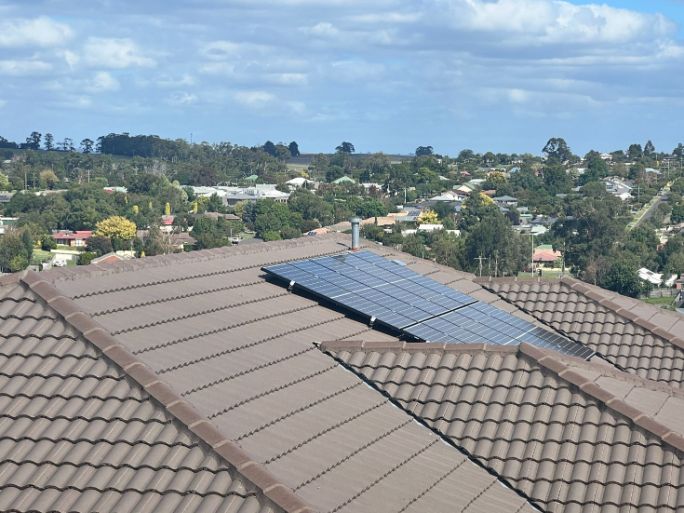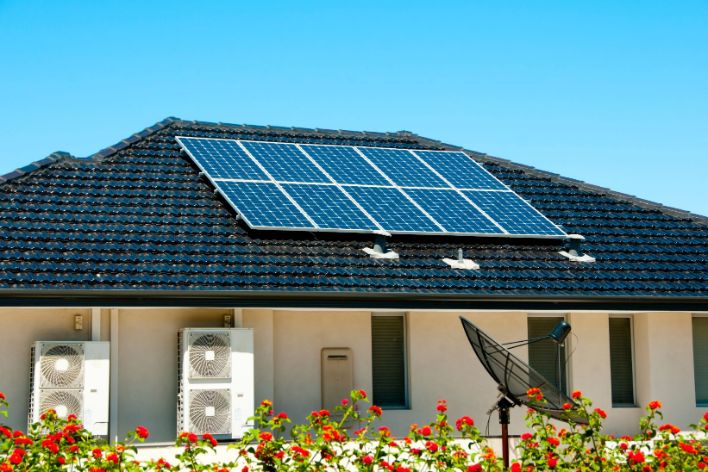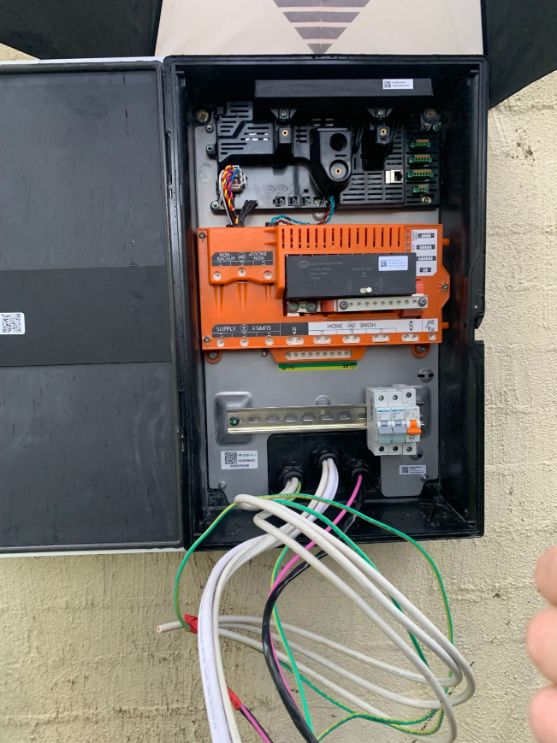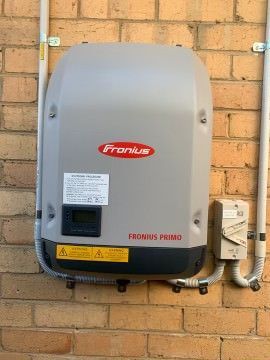Yes, solar panels will work in all types of weather. However, there are some conditions that won’t allow a solar PV system to operate efficiently. It’s essential to learn about these aspects before proceeding with a solar installation on your property.

In this blog, we’ll provide information on how different types of weather affect solar panels and the ideal condition for them to work to their maximum capacity.

Will My Solar Panels Work When There is No Sun?
Solar panels can work even when they aren’t in direct sunlight. The reason for this is that the PV panels use light particles known as photons to produce electricity.
Photons can be found in both direct and indirect sunlight. This means that a solar PV system will continue to operate in both conditions.

Continue reading for more details on how solar panels will work in specific weather conditions.
Does Solar Work When It’s Cloudy?
Solar panels will work even when it’s cloudy outside. Unfortunately, they won’t operate as efficiently as they would if it were sunny. You can expect your solar PV system to generate only around 30 to 40% of its output during cloudy weather.
Does Solar Work When It’s Rainy?
Solar panels will work when it’s raining outside, but their efficiency will be significantly hampered by the minimal sunlight present. You can expect your solar PV system to provide just 10 to 25% of what you’d typically receive at its peak. High-quality solar panels from brands such as Trina Solar are typically better at collecting indirect sunlight. This is something for you to consider for the wet season.
Does Solar Work When It’s Snowing?
A solar power system will continue to work even when it’s snowing. However, the panels will experience a drop in energy production of around 10 to 40%, which is similar to the production loss during rainy or cloudy weather. The most significant difference is that snow can quickly build up on the surface of your solar panels and cause them to stop working even when appropriate solar panel mounting is installed.
Does Solar Work When It’s Foggy?
Solar panels work even when it’s foggy. In fact, there’s a theory that a light fog can increase the output of a solar PV system. The main reason for this is that solar panel efficiency is better at low temperatures. Foggy weather has a way of keeping the solar PV system cool without directly affecting its ability to gather ambient light.
So What’s the Ideal Weather Conditions for My Solar Panels?

The ideal weather condition for solar panels is a clear and sunny day with mild temperatures. It’s the kind of weather where you can go out without getting scorched by the sun.
Fortunately, recent advances in technology have led to newer solar power products being more efficient in generating electricity even on cloudy, snowy, or rainy days. Be sure to work with a proficient solar panel installer to have peace of mind knowing that your system will work in any weather.
